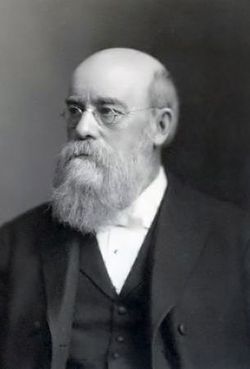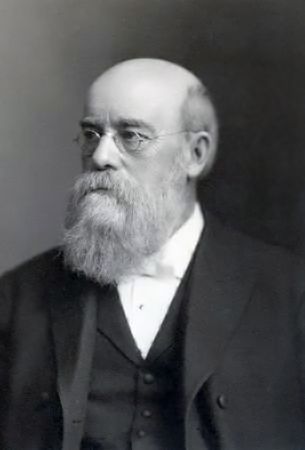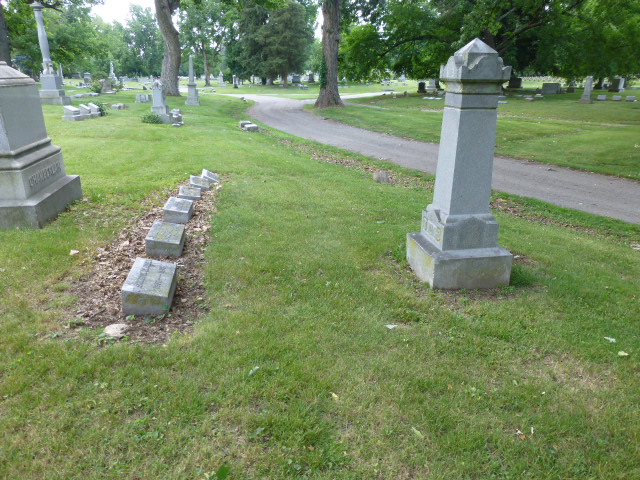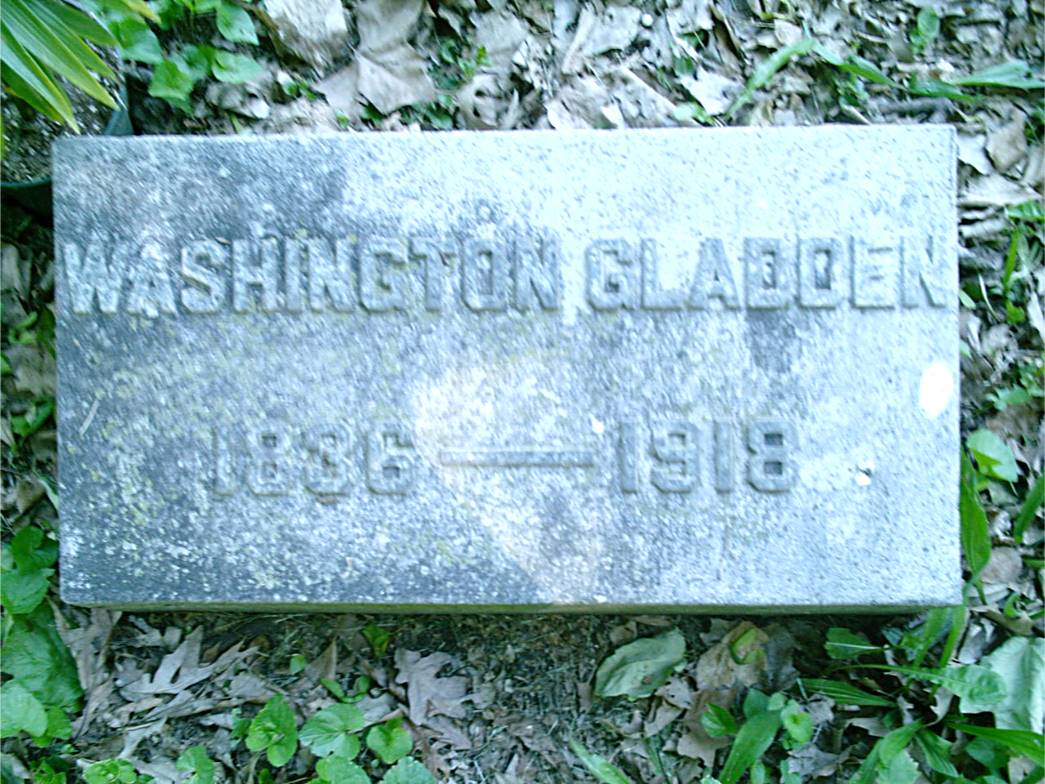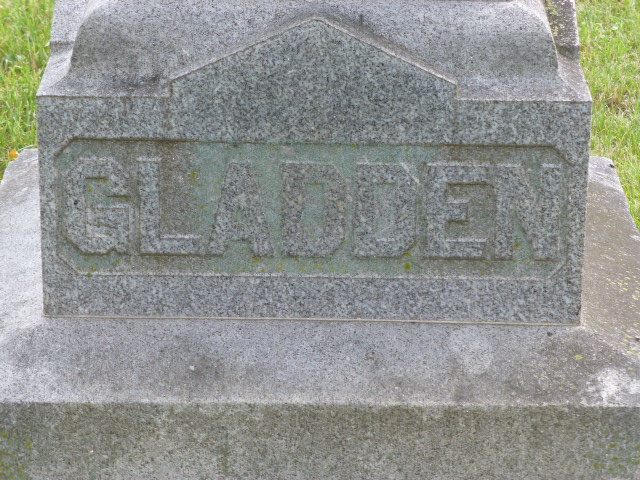Minister and orator. Washington Gladden worked on his uncle's farm as a young man, and spent his free time reading, particularly the Bible. At age 16, Gladden left the farm to become a newspaper apprentice. During his newspaper apprenticeship, he decided to become an ordained minister in the Congregational Church. He served at State Street Congregational Church in Brooklyn, New York in 1860. In June 1861, he accepted a call to the Congregational church at Morrisania, N. Y. where he served until 1866. In 1863, he took leave to serve in the Christian Chaplaincy Corps. He contracted malaria and returned home for recovery and resumption of his pastoral duties. His was the religious editor of the New York Independent between 1871 and 1875. His role was to write news articles and editorials on practical theology and social issues. He gained national recognition from this work, such as his role in exposing the corrupt organization of Boss Tweed. In 1875, he became pastor of the North Congregational Church in Springfield, Massachusetts, and worked as editor of Sunday Afternoon. His active support for workers began during his years in North Adams and Springfield. He published Working People and their Employers in 1876, which advocated the unionization of employees; he was the first notable U.S. clergyman to approve of unions. He became the pastor of the First Congregational Church in Columbus, Ohio in 1882, and served in that position for thirty-six years. During that time, he furthered his national reputation as a religious leader and as a community leader by his preaching, lecturing, writing, and active involvement. By the mid-1880s, he drew audiences across the nation to hear him speak for rights for labor. In 1885, he took part in forming the American Economic Association and served on its Council. He was Vice President of the American Missionary Association between 1894 and 1901 and served as the President of the organization between 1901 and 1904. He traveled to Atlanta, Georgia to visit Atlanta University and meet W. E. B. Du Bois, which led him to start speaking out against racism. His 1903 sermon "Murder as an Epidemic" condemned lynching. He resigned as President of the American Missionary Association to take up a position as the Moderator of the National Council of the Congregational Churches of the United States in 1904.
Minister and orator. Washington Gladden worked on his uncle's farm as a young man, and spent his free time reading, particularly the Bible. At age 16, Gladden left the farm to become a newspaper apprentice. During his newspaper apprenticeship, he decided to become an ordained minister in the Congregational Church. He served at State Street Congregational Church in Brooklyn, New York in 1860. In June 1861, he accepted a call to the Congregational church at Morrisania, N. Y. where he served until 1866. In 1863, he took leave to serve in the Christian Chaplaincy Corps. He contracted malaria and returned home for recovery and resumption of his pastoral duties. His was the religious editor of the New York Independent between 1871 and 1875. His role was to write news articles and editorials on practical theology and social issues. He gained national recognition from this work, such as his role in exposing the corrupt organization of Boss Tweed. In 1875, he became pastor of the North Congregational Church in Springfield, Massachusetts, and worked as editor of Sunday Afternoon. His active support for workers began during his years in North Adams and Springfield. He published Working People and their Employers in 1876, which advocated the unionization of employees; he was the first notable U.S. clergyman to approve of unions. He became the pastor of the First Congregational Church in Columbus, Ohio in 1882, and served in that position for thirty-six years. During that time, he furthered his national reputation as a religious leader and as a community leader by his preaching, lecturing, writing, and active involvement. By the mid-1880s, he drew audiences across the nation to hear him speak for rights for labor. In 1885, he took part in forming the American Economic Association and served on its Council. He was Vice President of the American Missionary Association between 1894 and 1901 and served as the President of the organization between 1901 and 1904. He traveled to Atlanta, Georgia to visit Atlanta University and meet W. E. B. Du Bois, which led him to start speaking out against racism. His 1903 sermon "Murder as an Epidemic" condemned lynching. He resigned as President of the American Missionary Association to take up a position as the Moderator of the National Council of the Congregational Churches of the United States in 1904.
Bio by: Pete Mohney
Family Members
Advertisement
